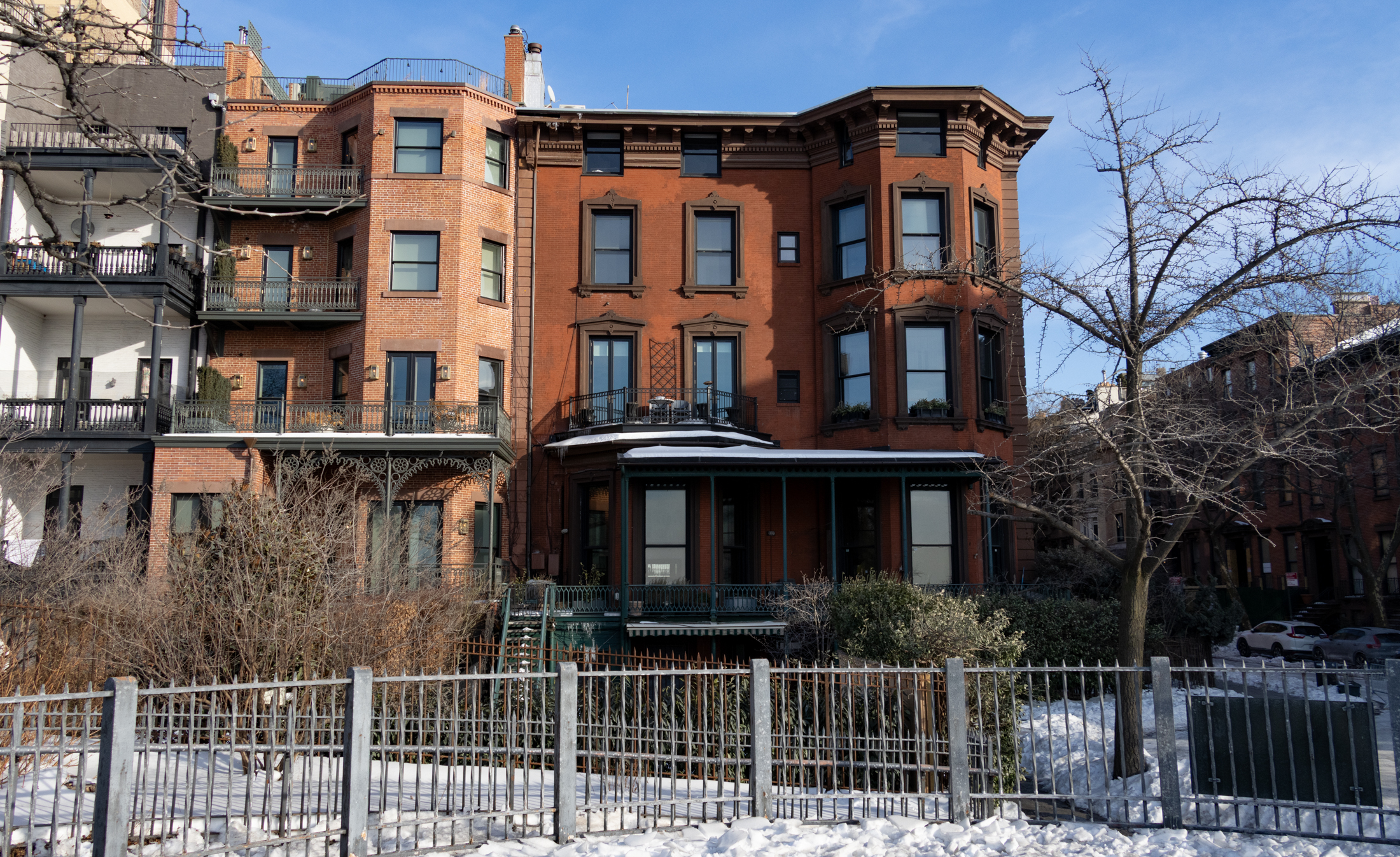The Economics of a Second Home
Yesterday the newish blog Upstater posed the oft-considered question, Can you afford a country house? Like the decision whether to buy or rent your primary residence, the answer lies partly on cold, hard numbers and partly in emotions and psychology. Having just spent some time out of the city last month around a number of…


Yesterday the newish blog Upstater posed the oft-considered question, Can you afford a country house? Like the decision whether to buy or rent your primary residence, the answer lies partly on cold, hard numbers and partly in emotions and psychology. Having just spent some time out of the city last month around a number of folks who own their second houses, we’d say it doesn’t sound like a worthwhile move financially to us when you throw in the cost and headaches of maintenance, groundskeeping and the inevitable lure of upgrades like pools and tennis courts. Mix in the pangs of guilt that will inevitably strike on those weekends when you want to stay in the city and renting starts to look pretty good. Assuming you can afford to do either, where do you come down on the issue?





I am doing quite well – thanks for asking
but I have no interest in a 2nd home. I dont need the upkeep. I prefer housekeeping when I vacation, nor can I decide if I prefer hiking in the country or swimming in the ocean – so I do both.
Oh and let me add, that the Investment Banks also were able to put a ton more $ at risk just as this bubble was growing exponentially, due to the SEC’s ill conceived CSE (consolidated Supervised Entity) program.
But if it makes you feel better to think that a single frumpy gay legislator from Mass, whose only real power was being the chairman of a single committee (financial Services) in one branch of the legislature from 2007 – [when the bubble in housing was already starting to come undone] -is the main protagonist of the biggest economic calamity in 3 generations – then dont let the truth get in your way.
Oh and let me add, that the Investment Banks also were able to put a ton more $ at risk just as this bubble was growing exponentially, due to the SEC’s ill conceived CSE (consolidated Supervised Entity) program.
But if it makes you feel better to think that a single frumpy gay legislator from Mass, whose only real power was being the chairman of a single committee (financial Services) in one branch of the legislature from 2007 – [when the bubble in housing was already starting to come undone] -is the main protagonist of the biggest economic calamity in 3 generations – then dont let the truth get in your way.
Your right, there was a reason that they took on these loans – the originators knew they could sell them (the risk) and the Investment Banks were willing to buy anything because 1. The underwriting fees for the securities were great and 2. the belief that the macro history of RE meant that you would never have a nationwide housing price fall – so the securities were ultimately safe.
Loose money policy definitely played a roll; but the GSEs did not have a substantial portfolio of sub-prime loans = less than 3% of total 5trillion $ portfolio. In fact only less than 5% of single family loans on Freddies book went to people with a sub 620 FICO score.
The reason GSEs imploded was because they were like 75+% of the non-sub-prime market (today they are 100%) and so when you have a nationwide fall in housing prices and a massive recession, you get killed when you own 5 Trillion 4 of loans against housing.
Long & Short – problem was not Barney Frank – problem was loose money, unregulated mortgage originators and zero risk control at investment banks.
BTW – I am not some huge Barney Frank guy – its just that to me – truth matters
“fsrq, spoken like a true Democrat.
why is it always about more taxes instead of less spending???”
I am non-aligned (radical moderate) but the reason why NOW it is about higher taxes (and cuts in spending) is because we have the largest generation of people approaching retirement, and while I personally believe this generation too be the ‘worst generation’ in American history, people seemingly are not prepared to tell them (and their still living parents) that they wont get health care, nursing homes or prescription drugs.
Nor as a society do we seem prepared to drop our military commitments around the world.
So essentially – the reason why it is about cuts AND taxes now is cause – we got no choice.
“fsrq, spoken like a true Democrat.
why is it always about more taxes instead of less spending???”
I am non-aligned (radical moderate) but the reason why NOW it is about higher taxes (and cuts in spending) is because we have the largest generation of people approaching retirement, and while I personally believe this generation too be the ‘worst generation’ in American history, people seemingly are not prepared to tell them (and their still living parents) that they wont get health care, nursing homes or prescription drugs.
Nor as a society do we seem prepared to drop our military commitments around the world.
So essentially – the reason why it is about cuts AND taxes now is cause – we got no choice.
DIBS – I seriously hope you are not calling me a nutjob?
For me it isnt about rich or poor – it is that we need tax revenues and so we have to get it from somewhere – such as no deduction for borrowing money for a 2nd home; the dead (estate taxes); income that isnt capital gains (carried interest), etc….
DIBS – trying to blame Barney Frank for the housing crash is just silly republican tactics.
while the GSEs took on a bit too much, the truly reckless lending (no paperwork, 0% down, etc, etc) took place in the PRIVATE market (i.e. loans that could not be sold to GSE for securitization). It was Countrywide ($1.4 T of loans), IndyMac Bank, GreenPoint Mortgage, National City Mortgage etc…who essentially wrote trillions of dollars of crappy loans and then sold them to Investment Banks for securitization that caused the bubble (and crash) . Virtually NONE of the loans written by these private originators met the GSEs (relatively loose) standards.
I thought you claim to know something about the markets?
DIBS – trying to blame Barney Frank for the housing crash is just silly republican tactics.
while the GSEs took on a bit too much, the truly reckless lending (no paperwork, 0% down, etc, etc) took place in the PRIVATE market (i.e. loans that could not be sold to GSE for securitization). It was Countrywide ($1.4 T of loans), IndyMac Bank, GreenPoint Mortgage, National City Mortgage etc…who essentially wrote trillions of dollars of crappy loans and then sold them to Investment Banks for securitization that caused the bubble (and crash) . Virtually NONE of the loans written by these private originators met the GSEs (relatively loose) standards.
I thought you claim to know something about the markets?